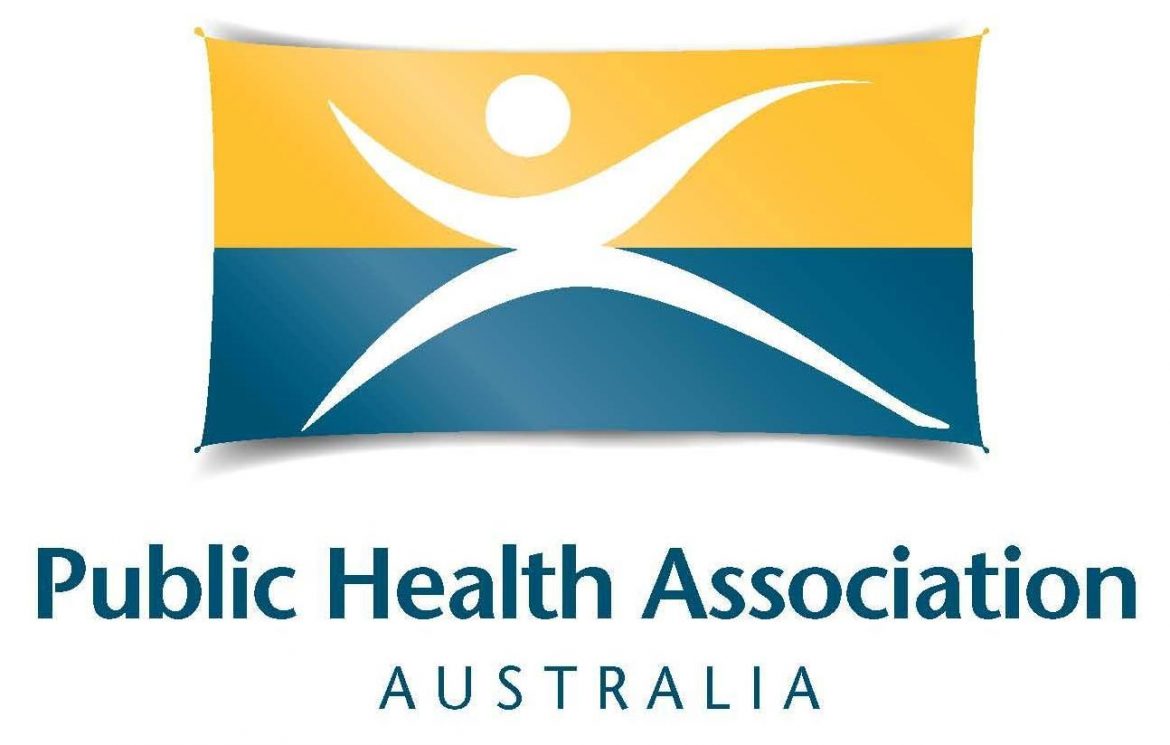The health system in Australia receives support in many forms from a non-government organisation, the Public Health Association of Australia (PHAA). Individuals from across the spectrum of activities which comprise the health sector are members of the PHAA, and the association serves to give them a forum to voice their views.
The PHAA publishes the Australian and New Zealand Journal of Public Health and organises conferences which play an important role in linking individuals and organisations undertaking research in public health with those involved in policy and program development and implementation.
Talking about the PHAA and its role, deputy chief executive officer Melanie Walker says, “The Public Health Association of Australia is a membership organisation. We have around 2000 members nationwide. In the seven years that I have been here the number of members has gone from 1200 to 2000 now.
“These are individual and organisational members and it’s a very broad group. It includes everyone from doctors and nurses, aboriginal health workers, academic and researchers working in public health in universities, all the way through to consumers and people who have an interest in public health.
“We are a very broad based organisation. We have 17 special interest groups covering a wide range of areas in public health. We also have branches in every state and territory of Australia.
“We have always focussed strongly on ensuring that adequate resources are made available for the public health sector, and worked towards obtaining greater funding for public health across the spectrum.
“At the moment we are concentrating on the federal budget and some of the budget cuts to health, particularly some of the cuts to the non-government sector which have not really been well-reported or well-understood. The organisation’s role is around capacity building and around representation for the sector as a whole.”
The Association has promoted 17 special interest groups (SIGs) to enable a focussed effort to be made in selected areas. The formation of these groups allows participants who have expertise in a particular domain to contribute towards its development. The groups also serve to generate discussions on areas of common interest of the members and to enable them to work towards the framing of policy positions and papers.
There are SIGs that concentrate on issues such as women’s health, primary health care, mental health, immunisation, food and nutrition, ecology and environment, and child health. The SIGs also organise events, encourage participation in advocacy activities and have discussion forums on which members can exchange views.
An extremely important cause that the PHAA takes up is to ensure that adequate funds are allocated by the government towards public health. The association is of the firm belief that a high degree of attention should be paid to preventive measures, so that over a period of time the incidence of chronic diseases is reduced and expenditure on acute care falls as a result of this.
Recently, large reductions have been made in the government’s budget for the health sector. This would have a negative effect on many important programs that are already in place or in the process of being implemented. The PHAA is extremely concerned with the magnitude of the cuts and is working with a range of organisations to try and mitigate the effects of the budget reductions.
It has taken upon itself the task of highlighting the issue that reductions totalling approximately $800 million are being applied to non-government organisations across the board within the health portfolio. Being extensively involved in the nation’s health sector, the PHAA is well positioned to understand the implications of these budget reductions.

The government has revealed that $596.2 million is to be cut from the Health Flexible Funds over the next four financial years. This is in addition to reductions totalling $197.1 million announced in the previous year’s budget. Hence the total cuts are in the region of $793 million with no clarity on where these reductions will be made.
The fact that the funding contracts for most NGOs will expire by the end of 2015 or on 30 June 2016 is great cause for worry. It is expected that the budget cuts will have a significant effect in several areas including the provision of essential services in remote regions, managing responses to communicable diseases and delivering substance use treatment services around the country.
It is pertinent to note that the OECD’s most recent figures show that health spending in the United States is at a level of 16.4% of GDP in 2013. While this is much higher than the OECD average of 8.9% of GDP, Australia’s health expenditure is at 8.8%.
Another important role played by the PHAA is that it promotes specific programs and initiatives that are linked to public health. It has recently partnered with the Foundation for Alcohol Research and Education to take up the issue of chronic diseases and launch the Prevention 1st campaign, which aims to get the government and political parties to adopt a strong preventive health agenda to address the country’s greatest health challenge.
The Prevention 1st campaign seeks to highlight the fact that chronic diseases are responsible for 83% of all premature deaths in Australia, making it the nation’s greatest health issue. The incidence of conditions like heart disease, stroke, heart failure, chronic kidney disease, lung disease and type 2 diabetes has been increasing in the country and stretching the resources of the health system. These diseases cost the community $27 billion and account for more than a third of the health budget.
Recently the PHAA has also joined forces with more than 50 civil society groups and called upon the government to commit to zero carbon pollution in Australia by 2050. It is an acknowledged fact that the emission of greenhouse gases is one of the main reasons for global warming and climate change. The alliance of civil society groups has conveyed to the government that it is in the country’s national interest to be amongst the leading nations to ensure that the world limits warming to the maximum extent possible.
In fact, it has been pointed out that the steps to be taken to achieve zero carbon emission will open up opportunities to modernise the Australian economy and build a sustainable and prosperous future.
In an effort to promote health initiatives, the PHAA has instituted a number of awards to highlight the contribution made in specific areas. One of the important awards is the “Health Promotion Individual Award for Service” made annually by the Health Promotion SIG to a PHAA member for contribution to the advancement of health promotion over a sustained period of 10 years or more.
Another award is the PHAA Public Health Mentor of the Year Award which is made to a senior member of the association who has made a significant contribution towards mentoring students or health practitioners who are in the early part of their careers.
The PHAA collaborates with a wide range of organisations to meet its goal of providing support and direction to the public health system in the country. It acknowledges the importance of individual organisations and special interest groups in improving various aspects of the health system within the country and giving direction and focus to the PHAA’s efforts.
Realising the positive impact that can be made on public health issues if various organisations work together, the PHAA coordinates its efforts with government agencies at the national and state territory levels to work towards the common goal of achieving better health outcomes for all.
A special focus area for the PHAA is the reduction of health inequalities across the Australian population. It also plays an active role in providing a forum for the regular exchange of views and information amongst members of the health sector and works towards promoting the development and education of public health workers.
The PHAA has been playing a crucial role in the country’s national health system by bringing many issues of importance to the forefront and by coordinating the efforts of various people and agencies concerned with public health. Over the years it has been successful in this role and its growing membership and active participation in various issues concerning public health, makes it an important contributor to promoting a robust health care system in the country.
Referring to the role of the PHAA and its primary areas of focus within Australia’s health system, Melanie Walker says, “We want to see an increasing emphasis on prevention within health. Traditionally, preventive health only attracts a small portion of the health expenditure of any government and we would like to see a greater focus on prevention rather than on acute care.
“We would like to see a greater investment in keeping people well and keeping them out of hospital. This would also reduce the cost of the health sector as a whole. If we remain focussed on the acute sector we will continue to see rising expenditure on health.
“That is one of our big goals. We also put in a great deal of effort to ensure that there is no contraction in government expenditure on public health initiatives.”



 This information will never be shared to third parties
This information will never be shared to third parties